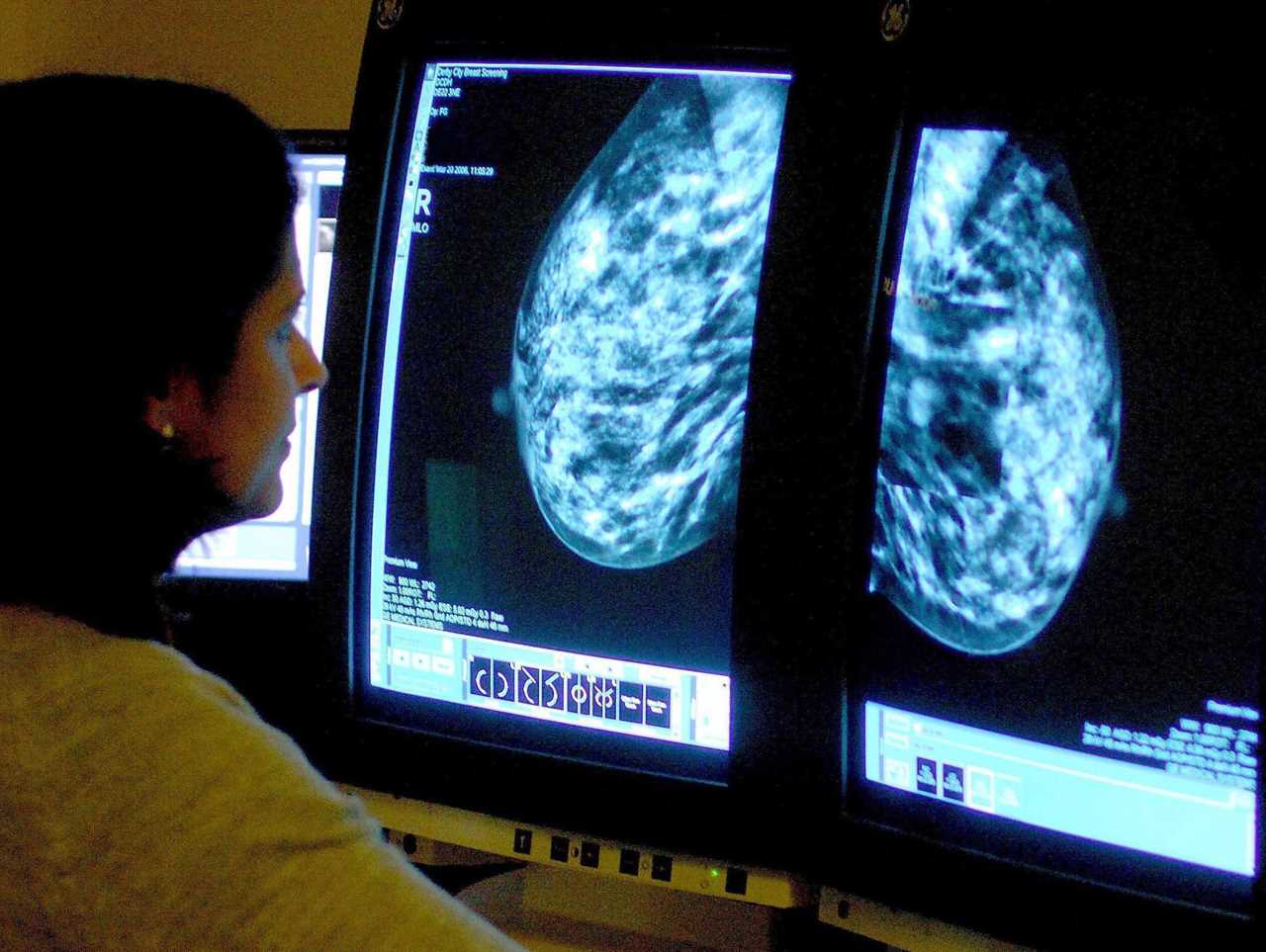
NHS Mishap Impacts Women at "Very High Risk"
Almost 1,500 women classified as being at "very high risk" of breast cancer have missed out on potentially life-saving MRI checks due to a mishap within the NHS. The error dates back over two decades, affecting women who received radiotherapy above the waist to treat Hodgkin lymphoma between 1962 and 2003.
Catch-Up Scans Offered to Affected Women
Health chiefs have sent letters of apology to all the impacted women and have offered catch-up scans within the next three months. This group of women is at an increased risk of developing breast cancer, a disease that affects around 55,500 British women annually.
NHS Takes Issue "Very Seriously"
NHS England has acknowledged the seriousness of the situation and is working to ensure that the affected women receive the necessary screening promptly and compassionately. The error came to light last year when it was discovered that some women in this category were never invited for their recommended annual MRI checks.
Concerns from Breast Cancer Now
Chief executive at Breast Cancer Now, Delyth Morgan, expressed deep concern over the failure to offer vital screening to women at very high risk of breast cancer. The organization emphasized the importance of swift action to rectify the situation and ensure that such errors do not occur in the future.
Low Attendance at Breast Cancer Screening
Additionally, a third of women did not attend breast cancer screening last year, leading to the potential oversight of hundreds of tumors. Despite improvements from the record low attendance in 2020, the overall acceptance rate remains a concern, with only half of first-time invitees attending their appointments.
Life-Extending Drug Deemed Too Pricey
Meanwhile, thousands of women with breast cancer may be denied access to the drug Enhertu, which has shown promising results in extending survival for those with advanced breast cancer. The National Institute for Health and Care Excellence deemed the drug not cost-effective at its current price point.






